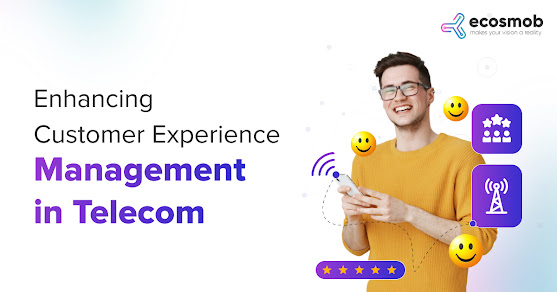The extent of development in technology has outpaced any other sector.
Organizations today face the dilemma of changing tacks quickly to keep up with the
latest. Hiring highly qualified IT experts also does not solve the issue, as you need to
match the unique needs of every project. In addition, it is a drain on the resources of
your company. Offshore hiring, in the form of a staff augmentation services model,
provides a gateway to access diverse skill sets, when you need.
Over time, IT staff augmentation services have grown in size and value. As per
Statista, the global Information Technology Outsourcing (ITO) revenue stood at USD
66.5 billion in 2019. This surge in demand has also led to different models of
offshore hiring shaping up. The most popular of them-- Dedicated Team, is looked
upon as a solution to employ a fully remote software development team wholly
focussed on the company’s project.
However, pitting it against staff augmentation solutions is common as both offer
similar advantages such as on-demand hiring, cost-effectiveness, and meeting skills
gap, among others. Understanding the pros and cons of both models will help you
know which one is better for your company.
IT Staff Augmentation Services Vs Dedicated Team
IT Staff Augmentation:
Staff augmentation services aim to fill the gaps in knowledge with skilled
resources to augment the capacity of the team. It was initially formulated
to meet contingent work demands but is a full-grown offshore hiring model
now.
Best fit for:
Matching unique skill set: some projects require a specific skill set where IT
staff augmentation solutions work better to immediately fill the position with
experts in the area.
Extending team: when you want to augment the team capacity as the project
scope has grown bigger.
Access global talent: when you want to tap on the market knowledge and
perspectives of IT experts beyond the local region to work with your in-house
team.
Strategic hiring: when you have a core team in-house but want to hire
strategically on a per-project basis to retain agility and meet peaks and lows in
business.
II. Dedicated Team:
The concept of a Dedicated Team originated to overcome a primary concern in IT
staffing services-- the ambiguity posed by lack of clear leadership, teamwork, and
coordination. As the entire team comes from the same organization, the notions of
disconnect and its impact on team productivity are eliminated.
Best fit for:
New products or projects: when you need to keep up with fresh projects
coming your way or develop a new product without having to spare your in-
house resources.
Distributed teams: when you want to have distributed teams that can
collaborate with the in-house team and still work in unity.
Changing team composition: when you want the flexibility to change the
composition of the whole team of software engineers as the project
requirements alter.
Coordinated effort: when you want the whole team to work cohesively to find
a creative solution to problems or develop software.
Choose wisely!
IT Staff Augmentation:
Staff augmentation services aim to fill the gaps in knowledge with skilled
resources to augment the capacity of the team. It was initially formulated
to meet contingent work demands but is a full-grown offshore hiring model
now.
Best fit for:
Matching unique skill set: some projects require a specific skill set where IT
staff augmentation solutions work better to immediately fill the position with
experts in the area.
Extending team: when you want to augment the team capacity as the project
scope has grown bigger.
Access global talent: when you want to tap on the market knowledge and
perspectives of IT experts beyond the local region to work with your in-house
team.
Strategic hiring: when you have a core team in-house but want to hire
strategically on a per-project basis to retain agility and meet peaks and lows in
business.
II. Dedicated Team:
The concept of a Dedicated Team originated to overcome a primary concern in IT
staffing services-- the ambiguity posed by lack of clear leadership, teamwork, and
coordination. As the entire team comes from the same organization, the notions of
disconnect and its impact on team productivity are eliminated.
Best fit for:
New products or projects: when you need to keep up with fresh projects
coming your way or develop a new product without having to spare your in-
house resources.
Distributed teams: when you want to have distributed teams that can
collaborate with the in-house team and still work in unity.
Changing team composition: when you want the flexibility to change the
composition of the whole team of software engineers as the project
requirements alter.
Coordinated effort: when you want the whole team to work cohesively to find
a creative solution to problems or develop software.
Choose wisely!
It’s always better to be guided by the business goals to make the right choice. Both
the models have pros and cons, however, staff augmentation companies have
particular models tailored as per the needs of the customer. Several factors like
project length, confidentiality, and delivery time also play a critical role in decision
making. You can consider staff augmentation consulting before you actually sign
up for service.







